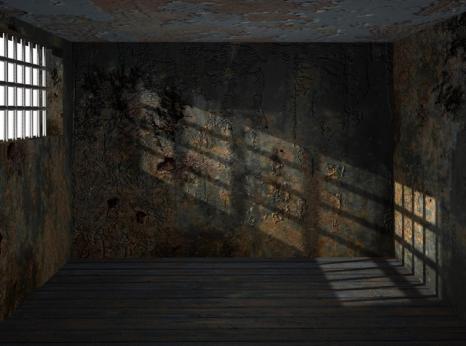Venezuelan Photographer Arbitrarily Detained

Carlos Debiais is a Venezuelan photographer based in Bogota. He returned to Venezuela temporarily to renew his passport, arriving in his home state of Falcón on 8 November 2021. On 12 November, whilst filming using his drone in Amuay Bay, next to the Amuay oil refinery managed by the state-owned oil company PDVSA, he was questioned by security personnel of PDVSA, later joined by officials of the National Guard. Shortly afterwards, officials of the Directorate General for Military Counterintelligence (DGCIM) showed up and searched his car and belongings, finding his filming equipment, including a drone, as well as American dollars and some marihuana for personal use. At that point, he was taken to DCGIM offices within the Amuay refinery where he was further questioned.
Carlos Debiais’ fate and whereabouts where unknown from 12-15 November, when it was made known to his family that he was in the DGCIM headquarters in Boleíta Norte, Caracas, roughly 558km from where he was detained. On that day, he was taken before the Court on Terrorism and accused of ‘terrorism’, association to commit crimes, violation of the regime of the nation, and drug use. The prosecution did not submit any evidence in the 45-day period allowed by law to do so, nor in the 15-day extension. During the preliminary hearing held on 10 February 2022, three months after his detention, he was formally charged with violation of the regime of the nation and drug use. Despite only finding images of the Bay, and none of the refinery or other criminal content, Carlos was found guilty and sentenced to 4.5 years, being allowed to serve the sentence on parole and registering before the court every two months.
In the meantime, according to his family, Carlos’ fate and whereabouts were once again unknown from 15 November-5 December, at which point he was allowed a phone call to his family. Again, from 5-15 December, he was not allowed any contact with his family or lawyers. On 23 March, he was transferred to the Rodeo II prison in Caracas, although his family was not notified of the transfer, where he has been held ever since.
On 12 April, the Tenth Court of Control of Sentencing Execution issued a release warrant for Carlos, together with a conditional suspension of his sentence for a three-year period. Prison authorities of Rodeo II reportedly claim this warrant cannot be executed until there is an express order to do so from the Minister for Penitentiary Affairs, Ms Mirelys Contreras.
This arbitrary detention is being perpetrated in a context of massive human rights violations in Venezuela. Nicolás Maduro’s government has implemented a policy of repression amidst a humanitarian complex crisis and a deep human rights crisis that has forced over 6.1 million Venezuelans to flee in search of safety. The justice system lacks independence and according to the UN independent international Fact-Finding Mission on Venezuela, it has been used by authorities to enable and commit human rights violations and crimes under international law, some of which may amount to crimes against humanity.